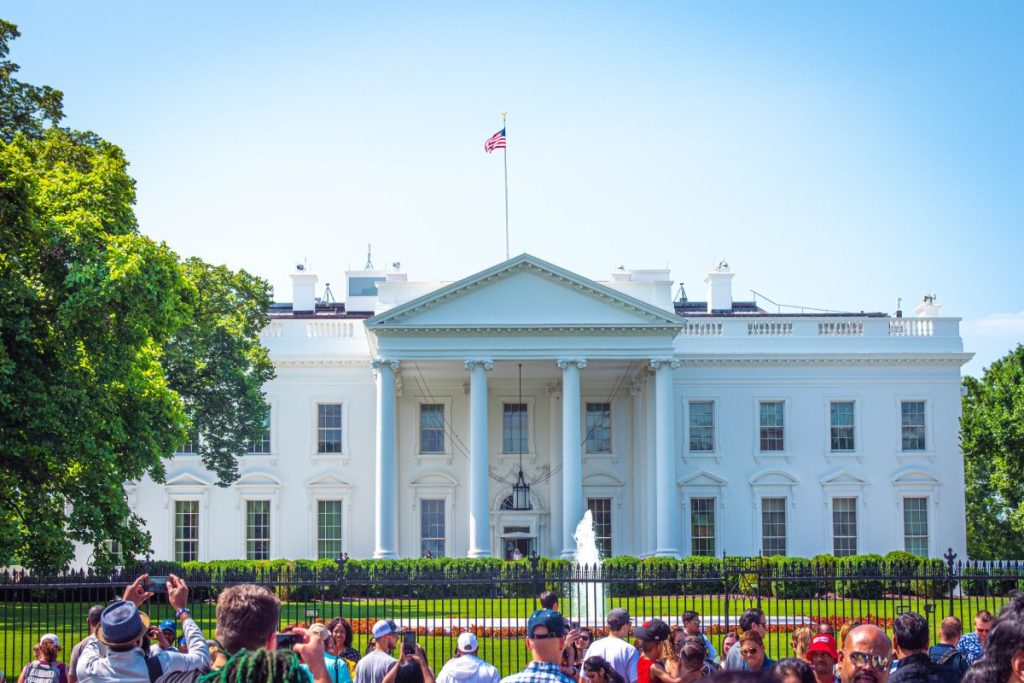The 2024 Republican presidential ticket has been solidified with Donald Trump and J.D. Vance as the official candidates, leaving Democrats scrambling to find a nominee before their convention. President Biden endorsed Vice President Kamala Harris as his pick for the role, shortly after narrowly surviving an assassination attempt at a campaign rally. The travel industry is poised for significant changes depending on whether Trump or Harris wins the election in November.
A potential second Trump administration could result in a reversal of the DOT’s new junk fee disclosure rule, longer visa processing times, a revival of travel bans, inconsistent policies on airline mergers, a focus on an “America First” approach, greater infrastructure investments, relaxed environmental regulations, and potential funding cuts for Brand USA. On the other hand, a new Harris administration could continue the hardline stance on mergers, make progress on visa wait times and passport processing, adopt a more moderate immigration policy, invest in international relations, focus on climate change, and require airlines to provide automatic cash refunds for flight delays or cancellations.
Under a Trump administration, the travel industry could see changes such as relaxed environmental regulations, a focus on infrastructure investments, and increased scrutiny on airline mergers. Conversely, a Harris administration might prioritize international relations, climate change initiatives, and policies that aim to benefit travelers such as automatic cash refunds for flight delays. Both candidates have the potential to impact the travel sector in significant ways, and the outcome of the 2024 election will shape the industry for the next four years.
The potential impact of a second Trump administration on the travel industry includes changes such as a reversal of the DOT’s junk fee disclosure rule, longer visa processing times, a revival of travel bans, inconsistent policies on airline mergers, an “America First” approach, greater infrastructure investments, relaxed environmental regulations, and possible funding cuts for Brand USA. On the flip side, a new Harris administration might bring a continued hardline stance on mergers, progress on visa wait times and passport processing, a moderate immigration policy, increased investment in international relations, a focus on climate change, and requirements for airlines to provide automatic cash refunds for disruptions.
The travel industry can expect significant changes based on the outcome of the 2024 presidential election, with potential impacts ranging from relaxed environmental regulations and infrastructure investments under a Trump administration to a focus on international relations, climate change initiatives, and traveler-friendly policies under a Harris administration. Both candidates offer contrasting visions for the future of the travel sector, and the next four years will be shaped by the policies and decisions made by the elected president and vice president. Stay tuned for updates on how the election results could impact the travel industry as the campaign season progresses.


